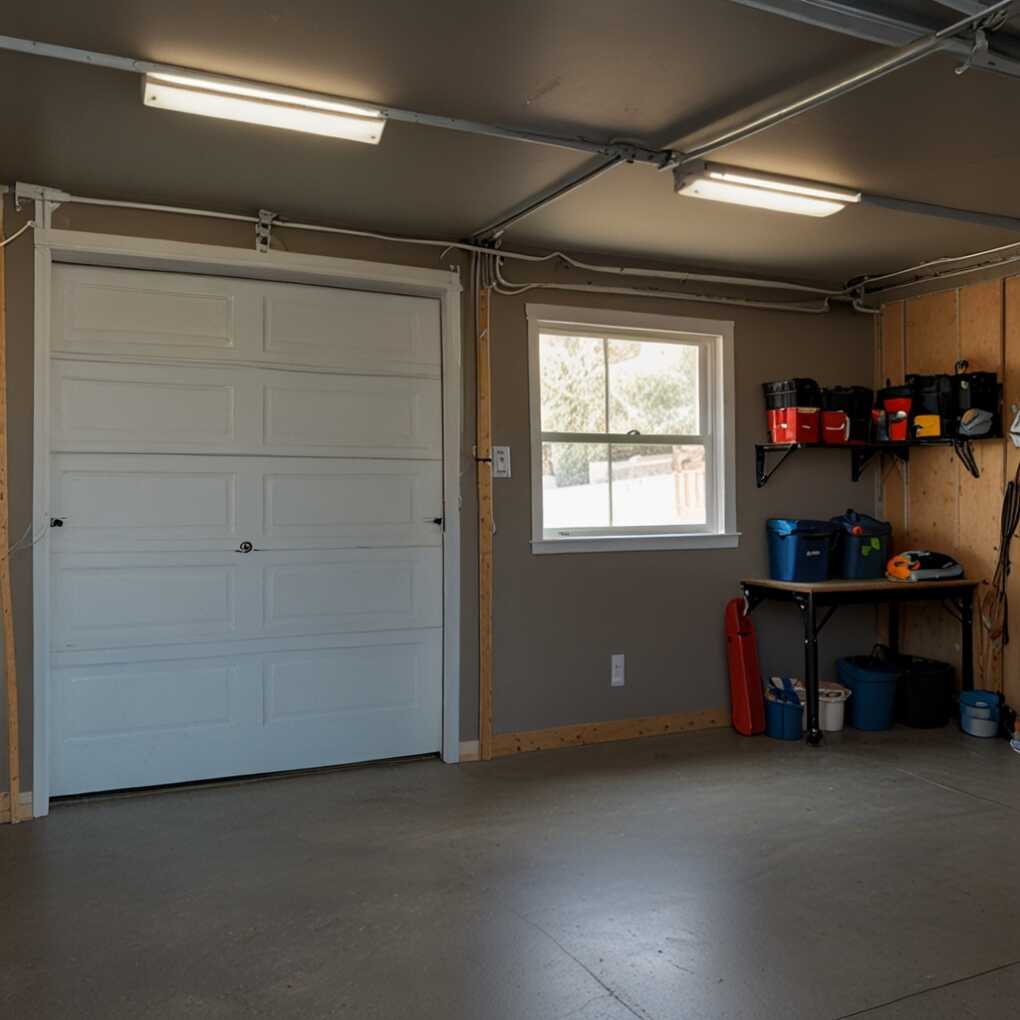Converting your garage into a rental unit can be an excellent way to generate additional income and maximize your property’s space. However, before starting the transformation, it’s essential to understand the legal requirements. From zoning laws to safety regulations, compliance is key to ensuring a successful garage conversion.

Understanding Zoning and Permit Requirements
Legal considerations start with understanding your local zoning regulations and obtaining the necessary permits.
Checking Local Zoning Laws
Zoning laws determine whether you can legally convert your garage into a rental unit. Some areas have strict rules about using residential property for rental purposes. Certain neighborhoods may also have homeowner association (HOA) restrictions that prohibit garage conversion for rental use.
Before making any changes, check with your local planning department to confirm that your property is eligible for conversion.
Obtaining the Required Permits
Most municipalities require building permits for a garage conversion. These permits ensure that your project meets safety and structural standards. The permitting process typically includes inspections for electrical, plumbing, and structural modifications.
Failing to obtain permits can result in fines, forced removal of the rental unit, or difficulties when selling your home.
Meeting Safety and Building Code Standards
A converted garage must meet specific safety and building regulations to be legally rentable.
Fire Safety Requirements
Fire safety regulations mandate proper smoke detectors, carbon monoxide alarms, and fire-resistant materials. Additionally, if the garage is attached to the main house, fire-rated walls and doors may be required.
Ensuring compliance with fire codes enhances the safety of your future tenants and protects your property from legal risks.
Proper Insulation and Ventilation
A garage conversion must include adequate insulation and ventilation to provide a comfortable living space. Many garages lack insulation, which can lead to temperature control issues. Ventilation is also necessary to prevent mold, especially in humid climates.
Investing in proper insulation and HVAC systems will make the rental unit more attractive and livable.
Addressing Parking and Utility Considerations
A rental unit impacts parking availability and requires proper utility setup.
Parking Space Adjustments
Many cities have off-street parking requirements for rental units. If converting your garage removes existing parking spaces, you may need to provide alternative parking solutions, such as driveway expansion or additional parking permits.
Research local parking requirements to avoid violations and tenant inconveniences.
Separate Utility Connections
To create a fully functional rental unit, consider separate utility connections for water, electricity, and gas. While this isn’t always legally required, it simplifies billing and helps maintain fair usage between tenants and homeowners.
Professional installation of separate meters can improve the efficiency of managing tenant expenses.
Legalizing Your Rental Unit
Once your garage conversion is complete, additional steps may be necessary to make it a legal rental property.
Registering as a Rental Property
Some cities require homeowners to register rental units with local housing authorities. This process may include inspections to verify compliance with safety codes and habitability standards.
Failure to register your rental unit can lead to fines or eviction orders for tenants.
Understanding Tenant Rights and Lease Agreements
Renting out a converted garage means you must comply with landlord-tenant laws. These laws cover lease agreements, tenant privacy rights, eviction procedures, and security deposit rules.
Consulting a real estate attorney can help ensure your rental agreement meets all legal requirements.
Conclusion
A garage conversion into a rental unit can be a profitable investment, but it requires careful legal planning. Understanding zoning laws, securing permits, and meeting safety standards are crucial steps in the process. By ensuring compliance with local regulations, you can successfully transform your garage into a legal and profitable rental unit.
